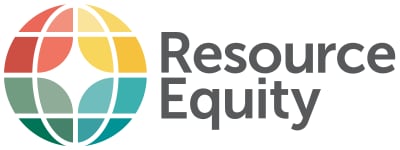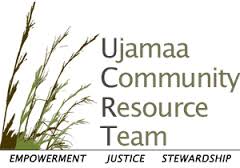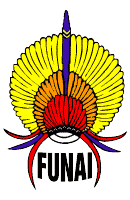Working Group for Women and Land Ownership
ABOUT
The Working Group for women and land ownership (WGWLO), is a network of 41 NGOs, CBOs and individuals in Gujarat, working on the issue of agriculture land ownership from livelihood, security, rights and empowerment angle for women. These are CBOs and NGOs spread in more than 15 districts of Gujarat, working at the rural grass roots level since 2003.










